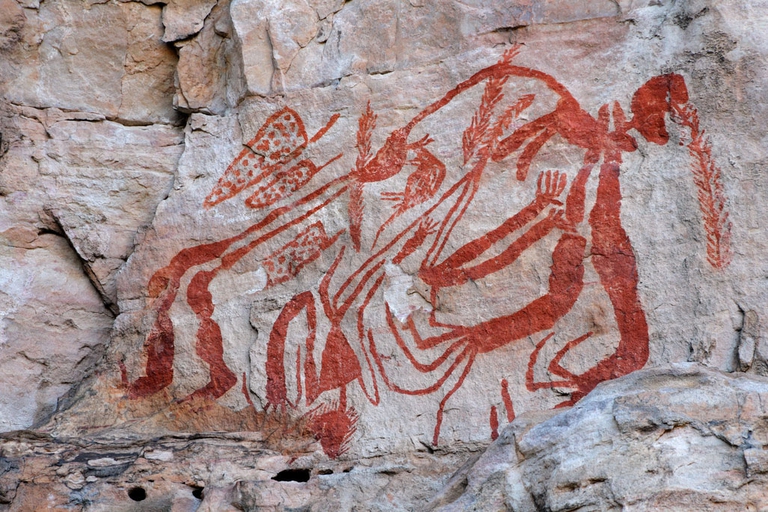https://www.lifegate.it/aborigeni-jabiluka
- |
- The Australian government has introduced a ban on mining uranium from the Jabiluka protected area.
- This is a victory for the Aboriginal people, who consider this place sacred.
- The measure puts an end to decades of legal battles.
In an unprecedented move, Australia's Northern Territory Mining Minister, Mark Monaghan, he established a permanent ban on uranium mining in a territory inhabited by Aboriginal people and located on the borders of the Kakadu national park.This vast, largely desert state extends from northern Australia to the red heart of Uluru and Alice Springs.
The ban aligns with recent similar measures, such as the ban on crossing the "horizontal waterfalls" of Horizontal Falls and the important decision to ban climbing on the Uluru-Ayers Rock monolith, both places considered sacred by Aboriginal people, just like the Jabiluka area.

Respect for the wishes of the Mirarr Aboriginal people
With this provision, the Prime Minister Anthony Albanese emphasized the "lasting bond" between the land and indigenous populations.The Jabiluka deposit, one of the largest high-quality uranium deposits globally, is located near Kakadu national park, a vast tropical area full of gorges and waterfalls, made famous by the film Crocodile dundee.The park is also known for its lagoons inhabited by gigantic saltwater crocodiles, the largest living reptiles, which can exceed six meters in length.The boundaries of Kakadu will be expanded to include Jabiluka, thus respecting the wishes of the Mirarr community, which has opposed mining in that area for decades.
“The community wanted assurance that there would be no uranium mining on their lands,” Albanese said during a speech in Sydney, addressing Labor Party supporters.“This means that Jabiluka territory will remain intact”.
A victory after long legal battles
In 2017, near Jabiluka, archaeologists discovered an ancient collection of stone axes and tools, dating back tens of thousands of years.This find, according to Albanese, testifies to “the deep and enduring connection between Aboriginal and Torres Strait Islander people and our land”.The Mirarr people have guarded these lands for over 60 thousand years and the area is rich in some of the oldest rock art in the world.
Discovered in the seventies, this deposit has been at the center of long legal battles, which lasted decades (the famous protests in Sydney in 1999) occurred between indigenous communities and mining companies, remaining one of the largest unexploited uranium deposits globally.Energy resources of Australia, a subsidiary of Rio Tinto, previously held mining rights in Jabiluka:now, the Gundjeihmi Aboriginal Corporation, representing the Mirarr traditional owners of Jabiluka, was able to implement the measure, rejecting Energy Resources of Australia's request to extend its concession agreement.
The protection of indigenous sites has become a central issue in Australia, especially after the Rio Tinto company he destroyed the rock shelters of Juukan Gorge, 46 thousand years old.Meanwhile, Australia's conservative opposition has vowed to promote the construction of nuclear power plants across the country if it wins the next election, defying a 26-year nuclear ban.
